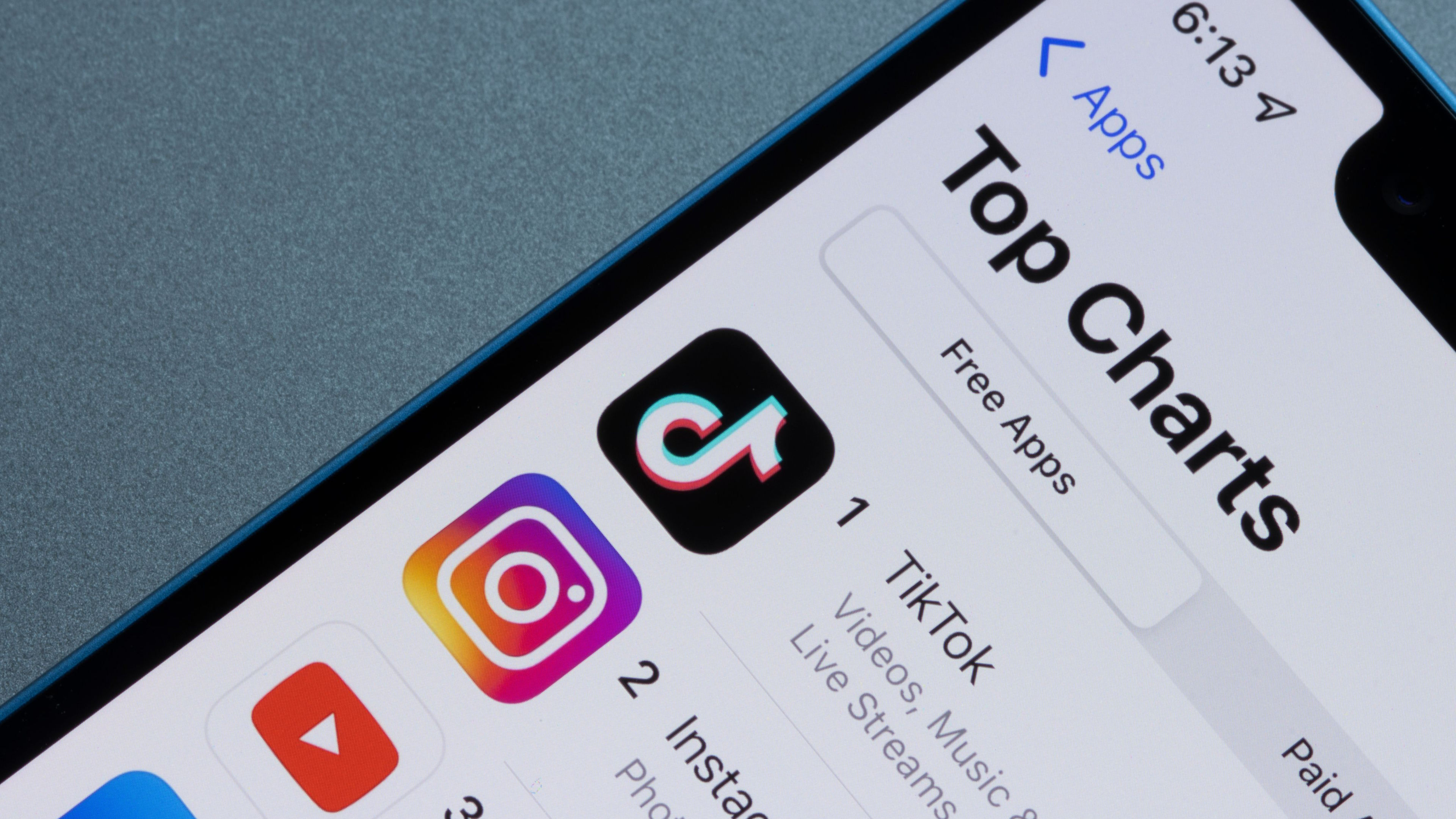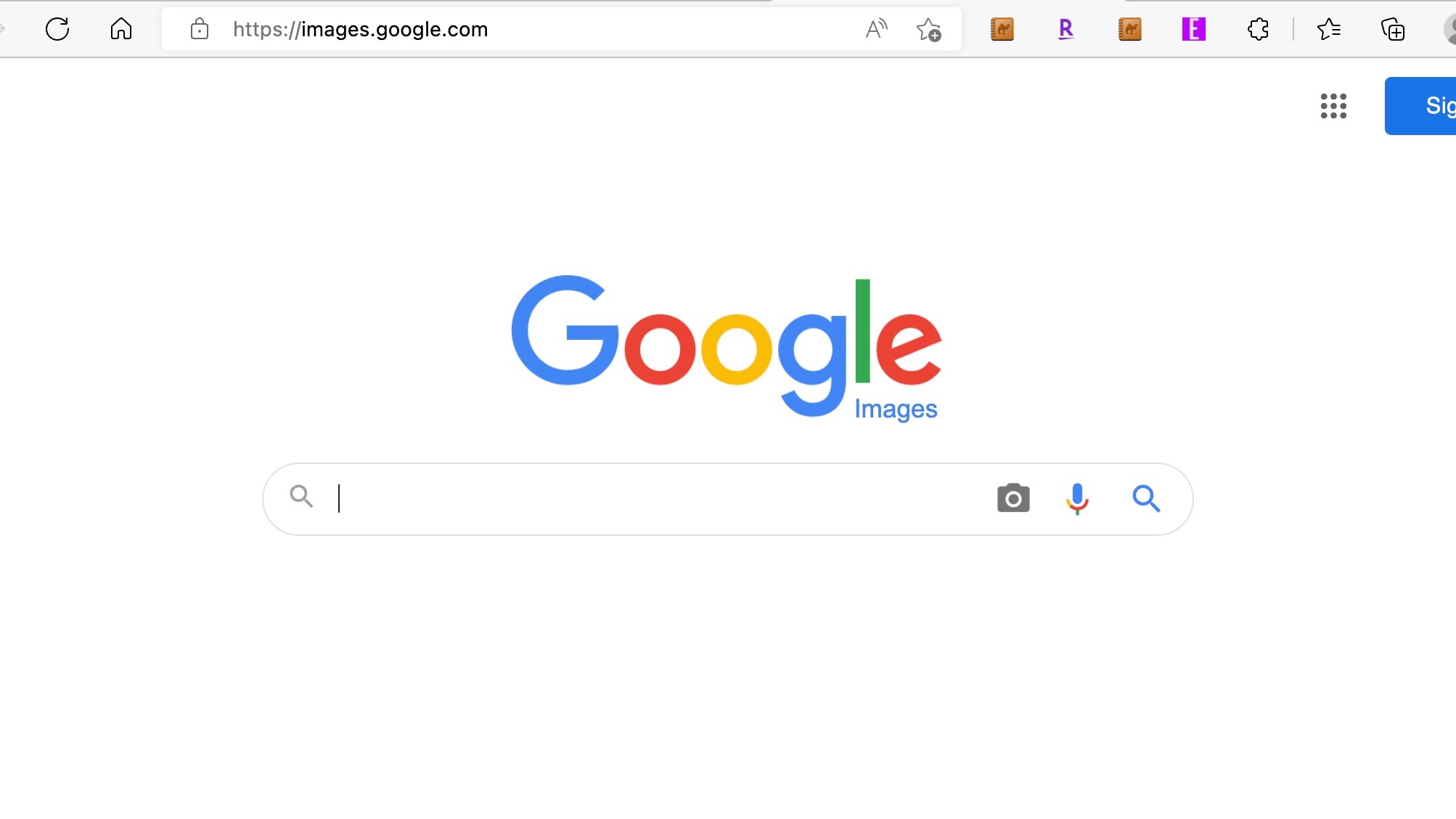How to do a reverse image search and reasons you should
The tool isn't just to uncover catfishing

When you hear about reverse image searches, the first thing that probably comes to mind is catfishing as it relates to online dating. However, there are other reasons you might want to use a reverse image service. In this article, you'll learn more about reverse image searches, how to perform them, and why it's important.
What is a reverse image search?
A reverse image search is an online content-based image retrieval technique (CBIR) that uses algorithms to match a sample image with one(s) online. Doing so allows you to locate its source, find the same picture with a better resolution, and see where the image appears online.
There are various reasons to use reverse image search tools. Yes, some of these do involve dating and catfishing. Other reasons are less common but also meaningful. Let's narrow these down to three broad categories: social, security, and personal.
Social

If you're dating, the odds are reasonably high that you're trying to find would-be partners online through services like Bumble, Hinge, Tinder, or similar sites. Of course, before reading anything about the other person, most of us zero in on the pictures to make a quick judgment. But, sometimes, those photos aren't as they appear or don't tell the entire story. Its times like these, a reverse image search can come in handy.
However, the social need to use a reverse image lookup can extend beyond dating.
- Is it them?: You like what you see. However, there are only a few photos of the person on the dating site. You might want to use a reverse image search to find out whether the pictures are located elsewhere, such as on Facebook or another social site. If so, you might find additional photos and even determine their full or real name, depending on your circumstances.
- Are they single?: You probably aren't interested in dating people who are married. However, if reverse image results determined the full name of someone, you now have more than enough information to learn much more about the person, starting with their marital status.
- More about yourself: You could also benefit from doing a reverse lookup of one of your photos. Is someone using your images to catfish someone else? Are there images of yourself you'd rather not see the light of day on public websites?
- Find a location: Reverse image searches are just helpful in identifying something. However, you can also use them to find more information on the place or site in a photo. You can find more information about the area and, most likely, more pictures.
- Identity long-lost relatives: Do you have a box of family photographs lying around with people in them you can't identify? Run the images through a reverse image search, and you may find out more about the person.
Security

There are dangerous people in the world; unfortunately, some post fake photos to lure you into a compromising situation. This can affect individuals and businesses alike.
- Money requests: If someone is using fake images online, the odds are good they want to use the situation for financial gain. Because of this, never send money to someone you've never actually met in real life.
- Who are you? Today's businesses aren't just dealing with locals. Thanks to the internet, they also do business with organizations and individuals overseas. You can use reverse image tools to confirm whether clients or investors are who they say they are — or just a pretty face looking to scam you.
- Authentication: Reverse image searches can also authenticate artwork and professional photography. You can ensure the content is accurate and the person offering the items is legitimate.
- Claiming credit: You can also use a reverse image search to make sure someone isn't claiming your artwork and photos are their own.
Personal

If you've ever posted a photo online, it could fall into the wrong hands. Where it goes from there isn't necessarily an issue of security. Therefore, it's probably best to take some time each year and run a few of your favorite photos through a reverse image tool. You might be surprised by what you find.
Get daily insight, inspiration and deals in your inbox
Sign up for breaking news, reviews, opinion, top tech deals, and more.
- Simple online management: Photos you posted somewhere as a college student might no longer be appropriate now that you're older. A reverse image tool is an excellent resource for finding those long-forgotten photos on websites you forgot existed, such as MySpace and others.
- Job and college search: Doing a reverse image search on yourself is essential before applying for a job or college. Make sure the information out there is accurate and positive. If it's not, try to do something about it.
- To have fun: Reverse image searches also make it possible to find long-lost loves, old friends, and more. Run an old photo through one of the tools, and it could help you find where these folks are now living, which is great for reconnecting.
Reverse images tools to use

The results can be deceiving if you search for a reverse image service online. Although it might look like many tools are available, there aren't, as many search results point to the same websites. This is a linking exercise for many website owners looking to cash in the large number of "reverse image" searches each year.
My four favorite reverse image tools are Google Image Search, TinEye, BIng, and Pinterest Visual Search. Here's a brief look at each.
Google Image Search
The most popular reverse image tool, Google Images, allows you to upload an image as input or type/paste its online location in the search box. From there, Google will identify similar images in its results. Google’s tool is popular because it can index billions of images, which leads to better results. However, the biggest drawback is you can’t use the tool directly on mobile, although there are workarounds.
TinEye
Canadian-based TinEye is also worth considering; it’s available in free and paid versions, with the latter offering unlimited searches. TinEye includes a large reverse image search engine with billions of images. It has browser extensions for popular browsers, including Chrome and Safari. However, it limits the upload file size to 20MB per file, which could affect some searches.
Bing Image Match
Microsoft's Bing Image Match Is very easy to use. It offers the ability to upload images for search or by pointing to its URL. It works on mobile devices, and there's even a dedicated app for iPhones. Some online users, however, claim Bing's search results aren't nearly as good as Google and TinEye.
Pinterest Visual Search
Finally, there's the Pinterest Visual Search. The tool helps users find similar pins within the vast Pinterest database. Depending on your interests, this is good (for Pinterest users) and bad (there are no search capabilities outside of Pinterest). Don't attempt to use this tool to identify people since that's not the intention. However, with what it can do, it does it very well.
You might also be interested in our report on how to protect yourself online and the best internet security suites.
Bryan M. Wolfe is a staff writer at TechRadar, iMore, and wherever Future can use him. Though his passion is Apple-based products, he doesn't have a problem using Windows and Android. Bryan's a single father of a 15-year-old daughter and a puppy, Isabelle. Thanks for reading!
